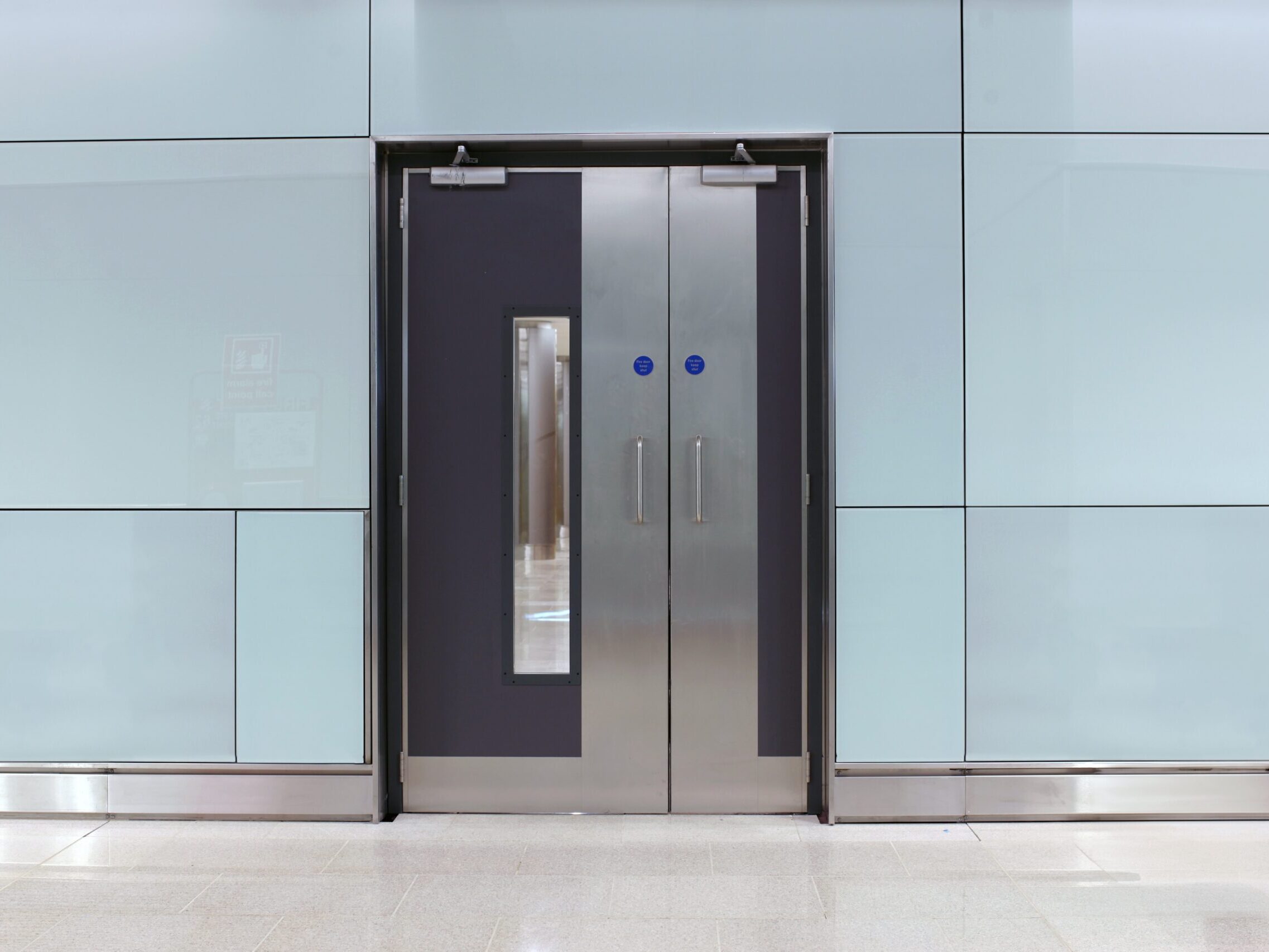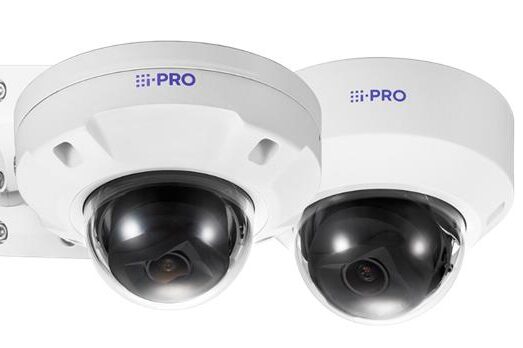A new era for the UK’s intruder alarms market?
Adrian Mealing, Chairman of the British Security Industry Association’s Security Equipment Manufacturers Section, discusses the issue of pan-European certification and how the advent of new European legislation would signal a new era for the UK’s intruder alarms market.
As markets continue to become increasingly global, more and more UK security manufacturers are expanding into overseas markets and selling products abroad. However, expanding business across different European countries is still proving problematic for many, despite the long-established principle of fair trade.
This is, in part, due to the complex and restrictive nature of product certification. Traditionally, manufacturers have been faced with uncertainty regarding the standards against which their products should be developed, tested and certified. For security products, there are no harmonised EU-wide certification procedures and standards. Instead, there are some EN standards plus a variety of country-specific requirements, all of which are not mandatory. Therefore, manufacturers have often been faced with higher costs and a slower route to market. Being forced to prove compliance against a variety of national marks by having their products re-tested and re-certified by local test and certification bodies – in each different country – is a highly expensive and time consuming process.
This issue is one that members of the BSIA’s Export Council – a forum for UK security companies focused on increasing their business abroad – have highlighted as a significant challenge. In a recent survey, over a third of the Export Council members reported that the costs of getting products officially certified in foreign markets is the biggest barrier to growing their business overseas .
This barrier is particularly apparent in Europe, where, under current rules, each UK company intending to export their security solutions across the EU is forced to undergo separate testing of products for most of the countries they wish to export to. This means, for example, that an alarm that is compliant to the auditing requirements in France cannot necessarily be sold in Germany, unless it is being retested specifically for the German market. This onerous process is not only time consuming, but is also financially burdensome, as the costs and time associated with the separate testing of the same products in each country is considerable.
This issue is in direct conflict with the primary mission of the European Union, to allow for fairer trade across its member countries and stimulate competition. Smaller companies in fact, risk being discriminated against, as they are unable to sustain the costs they encounter each time they set out to achieve local quality marks.
The BSIA, and in particular, members of its Security Equipment Manufacturers section, have been long term supporters of the principle of pan-European certification, whereby the quality mark of a security product is recognised in all EU member countries.
A pan-European certification scheme would help to ensure consistently high – and more uniform- quality of products and systems, promote technical innovation, and investment into what is now a fragmented industry, in keeping with the aims of European policy. One of the European Union’s main objectives is to facilitate reciprocal trade between its member countries, but this has not translated as effectively as companies operating in the security equipment manufacturers’ environment might have hoped for.
Although the European Union has proved successful in shaping regulations and standards applicable to the security industry, it is still yet to streamline the testing process for security products. A uniform testing process could be achieved by introducing pan-European certification, which would provide a one-stop shop for all quality marks across the EU. This would also reduce costs for companies, allowing even smaller business to compete on a European level.
The BSIA’s SEMS section have vocally supported the benefits of making pan-European certification a legal requirement in the EU, as it is the section’s belief that this would provide a more favourable international trading environment for security manufacturers. More recently, members of the section have welcomed the announcement of a EU-wide industrial policy for the security industry, issued by the European Commission.
The policy represented a significant step towards pan-European certification, and aims to increase harmonisation between EU member countries, reducing the severe fragmentation that currently exists in the European security marketplace and removing trade barriers that restrict the ability of UK security equipment manufacturers to expand their product offering to other countries within the EU.
In recognition of the problems that currently exist, the European Commission’s policy acknowledges that “a competitive and innovative security industry is [fundamental to] any viable European security policy,” and pledges to reduce the fragmentation that currently restricts EU-wide harmonisation.
Through their involvement in RISC and Euralarm, members of the BSIA’s Security Equipment Manufacturers’ Section (SEMS) have contributed directly to the European Commission’s policy consultation and welcome the opportunities it brings in encouraging fairer trade across EU member countries and subsequently, in stimulating competition.
Results of the consultation revealed that independently of their background (be it SME, large corporate or public authority), stakeholders underlined the clear added value of a European-wide certification regime, highlighting four key benefits that this would bring, not least the reduction of the administrative and financial burden brought about by the duplication of current certification procedures.
This policy represents an excellent starting point for harmonisation across the EU, and is set to have a monumental impact on views and procedures in EU countries. We at the BSIA hope that this policy will drive test houses to adopt a European – rather than national – focus, increasing quality standards across the board.
Respondents to the European Commission’s consultation also expressed concern for the fragility of the EU security market in comparison to its international competitors, and agreed that an industrial policy framework could help the European security industry regain its competitive edge in the global market.
With an estimated market value of as much as €36.5bn, the EU security market has real potential to compete with the likes of China and the U.S. Removing trade barriers and creating a one-stop testing regime will not only increase exporting opportunities for UK companies, but will also help to drive the overall professionalism of the European security industry.
[su_button url=”http://www.bsia.co.uk/security-equipment-manufacturers” target=”blank” style=”flat” background=”#df2027″ color=”#ffffff” size=”10″ radius=”0″ icon=”icon: arrow-circle-right”]Click here to find out more about the BSIA’s SEMS section[/su_button]

























